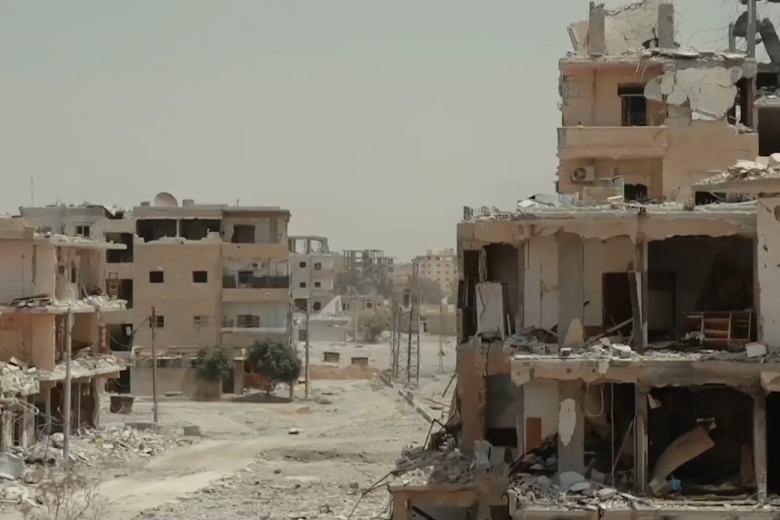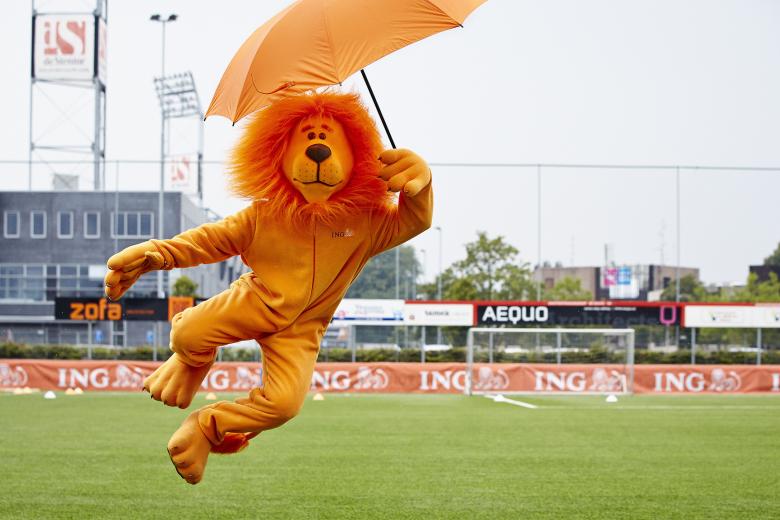Een stille revolutie in de Nederlandse strafprocedure
Het schijnt dat de wet was opgesteld met het volgende beeld in gedachten: agressieve juristen streven ernaar om politieagenten te intimideren, en hun goede inspanningen te “vernietigen” om een verdachte verklaring te krijgen. De werkelijkheid is echter anders, zoals herhaaldelijk gebleken door onderzoek. (Engelstalige blog)
No suspect interrogation without a lawyer
From 1 March 2017, every criminal suspect in the Netherlands has the right to have a lawyer present at police interrogation as the matter of law. The new law implements the European Directive 2013/48/EU on the Right of Access to a Lawyer in Criminal Proceedings.
Historically, the right of criminal suspects to have their lawyer present at police interrogation had not been recognized in the Dutch law. This has begun to change a few years ago, when the right of access to a lawyer was granted to minors, following the 2009 “Salduz” Supreme Court judgment. Adult suspects, however, were still being denied this right. In the meantime, European law had developed in a different direction. The 2013/48/EU Directive has unequivocally established the right of all suspects to have one’s lawyer present at the interrogation.
There are still a number of questions concerning compliance of the new Dutch law with the EU Directive. For example, the Directive states that lawyers should be able to “participate effectively” in suspect interrogations. Yet, it is questionable whether the formulations used in the Dutch law adequately reflect the notion of “effective participation”. For example, it states that the lawyer can make remarks or questions “right in the beginning and after the end” of the interrogation. During the interrogation itself, it seems, the lawyer can speak up only for a limited number of reasons, for example if the suspect does not understand the question. When wanting to speak for a reason, not mentioned in the law, a lawyer should seek permission from the interrogating officer(s).
The Dutch state argues that the exact meaning of “effective participation” is subject to interpretation. European law, however, states that the lawyers’ role in criminal proceedings is, among others, to protect their clients from self-incrimination. Another important lawyer’s function is to give ongoing legal advice. It also follows from European law, that lawyers should be able to exercise these functions throughout the suspect interrogation. One might wonder whether this is at all possible, were the Dutch law literally applied in the interrogation room.
It seems that the law was drafted with the following picture in mind: aggressive lawyers seeking to intimidate police officers, and to “destroy” their good efforts to get a suspect statement. The reality, however, is different, as repeatedly shown by research. It is lawyers, and not the police, who get intimidated more quickly, especially if they are not trained in their new role.
Maastricht University, together with partners in Belgium, Ireland and Hungary, is working on a project, which aims at developing practical, skills-oriented training for criminal lawyers in assisting suspects arrested and interviewed by police (SUPRALAT). The goal of the training is to enable active and effective representation at this crucial stage of the proceedings. The project will hopefully result in greater recognition of the need for training lawyers in this important area in the countries involved, and EU-wide.
To learn more about the project, visit salduzlawyer.eu
Follow us on Twitter: @SUPRALATproject
Published on Law Blogs Maastricht
-
City of ghosts: bijzondere aandacht voor verzet tegen onderdrukking
Roland Moerland sprak op Docfest over het omstandereffect, zelfopoffering en andere opmerkelijke kenmerken van de documentaire City of Ghosts. (Engelstalige blog)

-
Nederlands verslag, corruptie en aantasting van de liefde voor voetbal (deel 5)
Onderzoek en geschreven door Marije Ariëns. Voor clubs die buitenlandse investeringen accepteren betekent dit meer denkbare ruimte voor verbetering van de club en meer succesvolle transfers. Hoewel, dit betekent ook dat er minder inzicht is in de wereld waar het geld vandaan komt die deze...

-
Duitsland verslag, corruptie en aantasting van de liefde voor voetbal (deel 4)
Onderzoek en geschreven door Hanna Harnisch. De German league is de op een na grootste in Europa ten aanzien van inkomsten en speelt daarom een belangrijke rol in termen van buitenlandse investeringen die the league overladen. (Alleen beschikbaar in het Engels)
